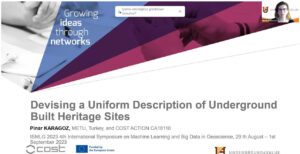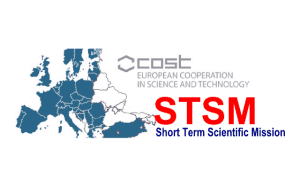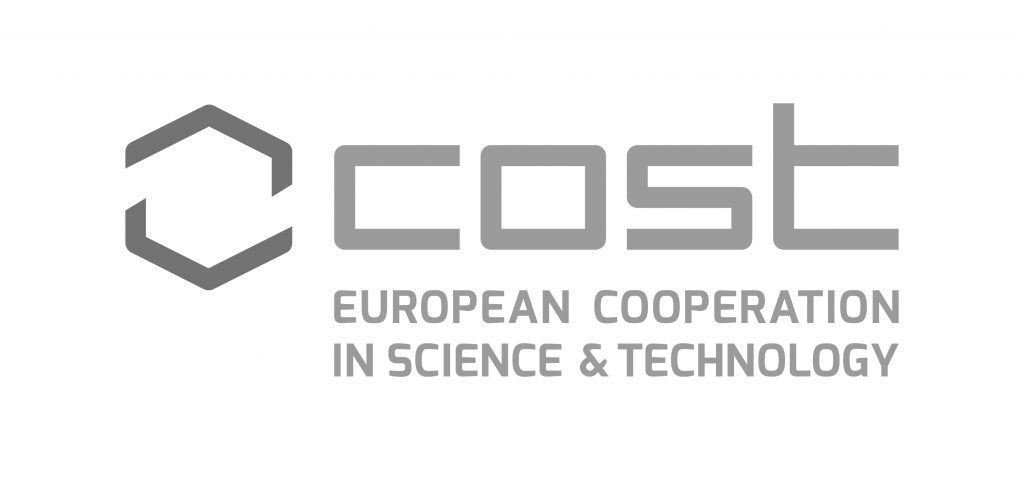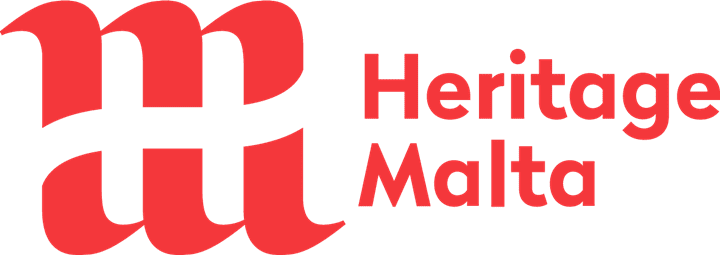Call for the II Edition Rhegion United Nations 2030: Towards a new space’s ORMA, Opportunity and Risks of new Modalities of Anthropization between sustainability, innovation and fragility for the territory.
http://www.nmp.unirc.it/wp-content/uploads/2021/11/FS-RH.pdfEven before pandemic cities shown thermodynamic limits, great social and contradictions (Harvey, 1993, 2012) and of meaningless (Augè, 1992, 1999): results of uncontrolled globalization (Rodrik, 2011) and of an unsustainable artificialization (Munafò, 2020). To respond to economic, environmental and health crises, with resilience as key element for environmental and social antifragility ((Rifkin, 2019; Taleb, 2012), the Event intends to face new paths of reterritorialization (Raffenstin, 1987). So participating in developing a robust theoretical and methodological framework inspired by the autopoiesis (Maturana and Varela, 1987) and ecopolitics (Morin, 1985, 2020), cultured technology (Del Nord, 1991; Zeleny, 1985), to go beyond the paradigm of the modern city, based on the goals’ partnership required by the UN 2030 Agenda (2015). That is the transition from process control to product control (Nilles, 1988) together with the possible breaking of the synchrony between spaces and times, the foundations of the Informational city (Castells, 1989, 1996, 1997; Beguinot, 1989; Aragona, 1993), opens to new opportunities for the territory (Faggian, 2020; Torre, 2020). So contributing to the elimination of land consumption and to the protection of biodiversity (EU, 2019, 2020), developing operational paths to implement the Glocal (Robertson, 1995), between internal and central areas, based on the circular economy, combining innovation and environment. The reference to Rhegion, the ancient Greek name of Reggio Calabria, intends to highlight the importance of history and memory for the present and to propose scenarios for a sustainable future linked to cultural, material and intangible heritage. Considering, moreover, that we are in the Region of Bernardino Telesio, author of De rerum natura iuxta propria principia, mentor of Tommaso Campanella, coming from Stilo (RC), who wrote The City of the Sun. The Miinistry of the Ecological Transition – MITE, the European Regional Science Association – ERSA, the National Institute of Urban Planning – INU, the Society of Territorialists – SdT, the National Union of Municipalities and Mountain Authorities – UNCEM, the Network of Universities for the Sustainable Development – RUS, the National Agency for New Technologies, Energy and Economic Development – ENEA, the Italian Alliance for the Sustainable Development – ASviS, the Biennial of the Public Space Association – APS, the Order of Engineers of the Province of Reggio Calabria, the Order of Architects, Planners, Landscape Architects, Conservators – APPC, have already granted its patronage to the Event, waiting for others as the Ministry of Ecological Transition – MITE, of the National Council of Engineers – CNI, of the National Council of Architects, Planners, Landscape Architects, Conservators – APPC, of the Italian Institute for Environmental Protection and Research – ISPRA.The Call is in the website of European Regional Science Association – ERSA, National Institute of Town planning – INU, Network of the Universities for the Sustainable Development – RUS:https://ersa.org/events/nmp2022-rhegion-united-nation-2030/https://www.inu.it/news/rhegion-united-nations-2030-call-for-paper-aperto-fino-al-17-dicembre-l-inu-patrocina/https://reterus.it/bandi-e-opportunita/http://www.nmp.unirc.it/focus-sessions/ Information for submitting the paper:The II Edition of Rhegion is a Focus Event of the New Metropolitan Perspectives 2022, and the paper will be published – after a double blind check – by Springerhttp://www.nmp.unirc.it/focus-sessions/Paper submission deadline extended to December 30th, 2021February 6th, 2022 Notification to authorsFebruary 17th, 2022 Author Registration deadlineMay 25th-27th, 2022 SymposiumGuideline for paper submission:http://www.nmp.unirc.it/submission/Participation fees: http://www.nmp.unirc.it/fees/Stefano Aragona(Coordinator) – Dep. PAU, University Mediterranea of ReggioCalabriaEng., Ph.D., Researcher in Town Planning, Master of Science in Economy & Policy Planning,Delegate of the University Mediterranea of Reggio Calabria at the Universities for the Sustainable Development Network – RUS Work in progress Program May 25th, 2022 10.00 – 10.30am Academic authorities’ messages and keynote Introduction New Metropolitan Perspectives 12,00 – 1,00 pm Starting II Edition Rhegion UN 2030: towards a new space’s ORMA, Opportunity and Risks of new Modalities of Anthropization between sustainability, innovation and fragility for the territory IntroductionFrancesco Carlo Morabito, Vice Rector Delegate for Internationalization and International RelationsStefano Aragona, Scientific Responsible for II Edition Rhegion UN 2030 Keynote panel Keynotes speakers May 26th, 2022 9.00 – 10.45am
- Scenarios of territories between cities and villages for the ecological transition
- Chair: Sandro Fabbro – University of Udine, Francesca Silvia Rota – CNR IRCrES
- http://www.nmp.unirc.it/wp-content/uploads/2021/11/FS-RH01.pdf
10.45 – 11.00am Coffee Break 11.00 – 1.00pm
- The ecological transition into the existing: challenges for the ancient and modern heritage
- Chair: Paolo Salonia – ISPC CNR & ICOMOS, Stefano Aragona – University Mediterranea of Reggio Calabria
- http://www.nmp.unirc.it/wp-content/uploads/2021/11/FS-RH02.pdf
1.00 – 2.00pm Lunch Break 2.00 – 3,45pm
- Energy Communities, Territory, Re-forestation, Water in the ecological transition: participation and monitoring
- Chair: Stefano Aragona – University Mediterranea of Reggio Calabria, Francesca Assennato – ISPRA
- http://www.nmp.unirc.it/wp-content/uploads/2021/11/FS-RH03.pdf
3.45 –4.00pm Coffee Break 4.00 – 6.00
- Small local steps essential for the ecological transition
- Chair: Gabriella Pultrone – University Mediterranea of Reggio Calabria , Fabiola Fratini – University La Sapienza of Rome
- http://www.nmp.unirc.it/wp-content/uploads/2021/11/FS-RH04.pdf
II Edition Rhegion UN 2030 INFORMATION Stefano Aragona – Coordinator II Edition Rhegion UN 2030 GroupDep. Pau, University Mediterranea of Reggio CalabriaEng., Ph.D., Researcher in Town Planning, Master of Science in Economy & Policy Planning,Delegate of the University Mediterranea of Reggio Calabria at the Universities for the Sustainable Development Network – RUSEmail: saragona@unirc.it rhegionun2020.2030@unirc.it II Edition Rhegion UN 2030 Group Stefano Aragona (Coordinator) – Dep. Pau, University Mediterranea of Reggio CalabriaEng., Ph.D., Researcher in Town Planning, Master of Science in Economy & Policy Planning,Delegate of the University Mediterranea of Reggio Calabria at the Universities for the Sustainable Development Network – RUS Gabriella Pultrone – Dep. Darte, University Mediterranea of Reggio CalabriaArchitect, PhD in “Planning and Design of the Mediterranea City”.Assistant Professor in Urban Planning – Mediterranea University of Reggio Calabria.Member of the University Quality Committee (PQA) Francesca Assennato – Geological Survey of Italy, Institute for Environmental protection and research (ISPRA)PhD in Energy and environment. Head of Land Monitoring Unit. Geological Survey of Italy – ISPRA (Italian Institute for Environmental Protection and Research). Responsible for ISPRA in relevant EU funded projects (H2020 EJP SOIL, Nellife4drylands). Main topics: land monitoring, impacts of urbanization, land degradation and desertification, ecosystem services, land use planning, urban regeneration Sandro Fabbro – Polytechnic Department of Engineering and Architecture (DPIA), University of UdineGraduated in Urban Planning at the University Institute of Architecture in Venice, PhD (1993), currently is associate professor.Scientific director of international and national research projects, he has almost 200 registered research products Fabiola Fratini – Faculty of Engineering “Sapienza” Rome University, DICEAArchitect, PhD, professor of Urban Planning at the Faculty of Engineering “Sapienza” Rome University, DICEA. The main research field developed is sustainable urban regeneration. On this topic from 2015 she experimented methodologies and tools to support citizen empowerment and to release small actions for long-term strategies in the neighbourhood of San Lorenzo (Rome). She is author of papers on this subject: “Oasi Verdi a San Lorenzo (Roma) Francesca Silvia Rota – CNR IRCrESResearcher at CNR IRCrES. She holds a Ph.D. in Territorial Planning and Local Development. Her research interests include local development, competitiveness, sustainability and resilience Paolo Salonia – Director of Research associate of Institute Sciences Cultural Heritage – ISPC CNR,ICOMOS IT Advisor and Executive Board Member, RomaArchitect, former Director of the Institute for Technologies Applied to Cultural Heritage of the National Research Council, with more than five years of research experience in the field of knowledge for the preservation and enhancement Cultural Heritage.Currently he is Research Director Associate at the ISPC-CNR and ICOMOS IT Advisor and Executive board member.For reviewing Rhegion 2020 Edition:-Celebration of the entry of the Mediterranean University into the Network of Universities for Sustainable Development – RUS https://drive.google.com/drive/folders/1_TavjXReQKCfJA02uFo851qhsg6YLnCb?usp=sharing
– Itervention of On. Roberto Morassut, Undersecretary to the MATTM https://drive.google.com/file/d/1lD0yu6pDkvV-L-c-dMh-VwZkZhV9l1Y9/view?usp=sharing
– Session Rhegion UN 2020 – 2030 https://drive.google.com/file/d/1JvfYIc_n4_CM0RdpA2emc52TWYs7JIO8/view?usp=sharing









